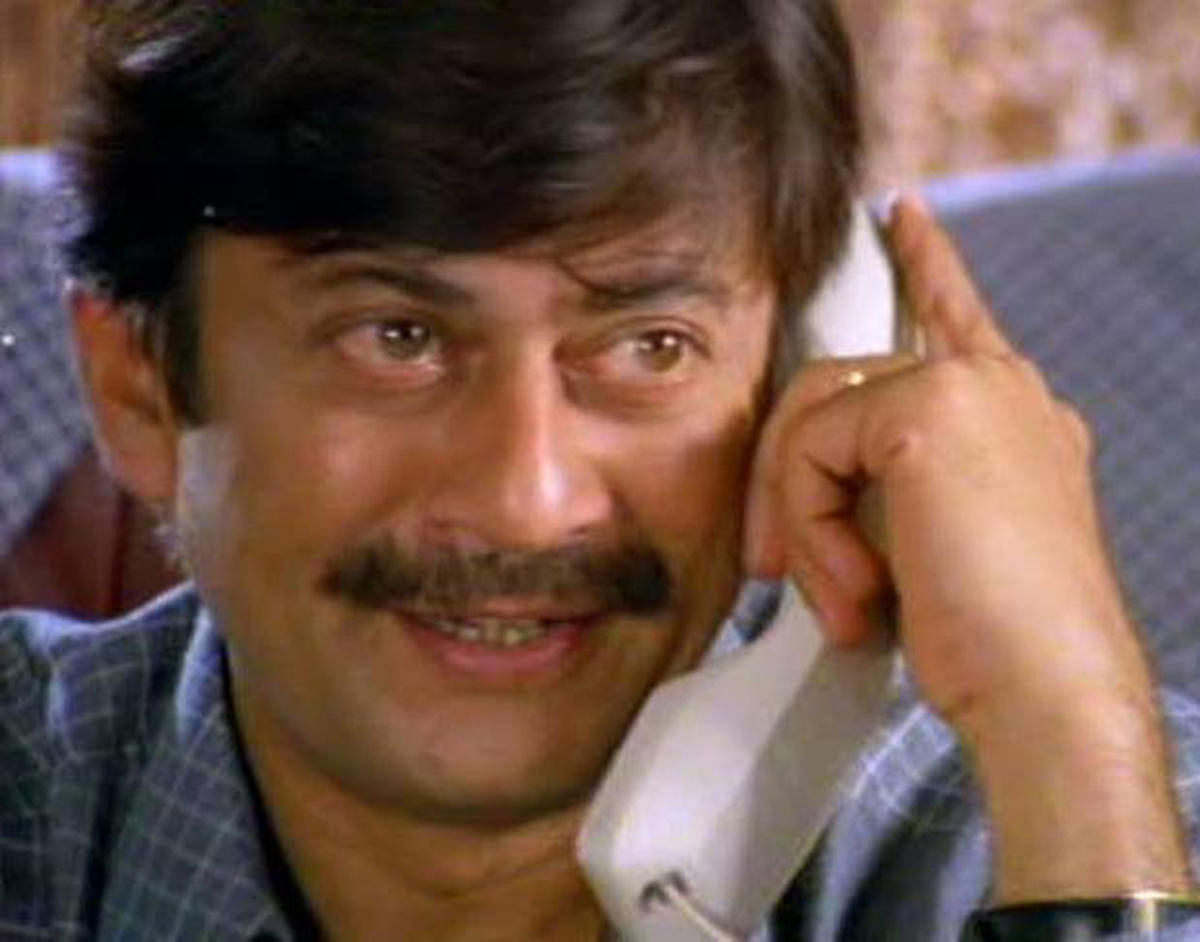

The clock is about to strike midnight. The police are chasing the hero. The throbbing background score is followed by a police siren.
Sunil Kumar Desai, in his debut ‘Tarka’ (1989), did not use familiar commercial cinema tropes to introduce the hero. The story took precedence over the star Shankar Nag.
The phenomenally successful ‘Tarka’ introduced audiences to Desai’s love for thrillers. His works in the genre are discussed to this day. “It’s important to engage the audience. While watching a film, they must wonder why and how things are happening on the screen. A viewer's brain must be constantly working,” says Desai.
By his fourth film ‘Nishkarsha’ (1993), a pattern had emerged. His stories weren’t pure thrillers. They had enough space for action and psychological exploration. Some voyeurism was apparent. Desai was different for not forcing comedy tracks into his narratives.
There was another interesting aspect. Most of the scenes in ‘Tarka’ unfold within four walls of a house. A big chunk of ‘Nishkarsha’ is set inside a bank. Later in his career, Desai spun the plot of ‘Prathyartha’ (1999) around the Lalitha Mahal Palace in Mysuru.
“If a thriller is set in one place, it becomes compact and gripping. In ‘Sangharsha’ (1993), I introduced too many characters and the plot kept moving. Because of that, it didn’t connect with the audiences. So I decided it was better to weave my stories around just four-five characters,” he explains.
Hailing from Vijayapura (earlier Bijapur), Desai’s dream of becoming a director took wings in Bengaluru after many years of being a keen student of cinema under Kashinath and Suresh Heblikar.
“Kashinath’s films were close to reality. He liked treating his life experiences in a humorous way. For example, he would focus on the embarrassments people face when they talk about taboo subjects. Also, he was a master at creating good content at minimal cost,” he says.
“I worked with Suresh for his ‘Aaganthuka’ (1987), which was a thriller. He worked on a variety of subjects. He made 'Kaadina Benki' (1988) which was an erotic drama. Because of his concern for the environment, he made documentaries about our ecology. He opened those subjects to me,” he says.
Thriller writers
Desai’s fascination for suspense and psychological thrillers is inspired by famous authors like Agatha Christie (‘Tarka’ from The Unexpected Guest) and Sidney Sheldon (‘Kshana Kshana’ from The Naked Face). Hollywood also had a big impact on Desai’s choices. If ‘Nishkarsha’ reminded people of ‘Die Hard’ (1988), ‘Prathyartha’ was based on the Johnny Depp-starrer ‘Nick of Time’ (1995).
After a string of thrillers, the talk was that Desai was a one-genre director. The fear of being slotted in one box pushed Desai out of his comfort zone. The result was ‘Nammoora Mandara Hoove’. The 1996 blockbuster deviated from Desai’s typical treatment. It was made with all the must-haves of commercial cinema.
“Shivarajkumar and Prema had garnered praise for their performances in ‘Om’ (1995). Ramesh Aravind was getting good roles in Tamil cinema. I cast the trio and Ilayaraja came on board for the music. I also worked hard on song picturisation,” he recalls.
Desai stuck to the love triangle and delivered another hit with ‘Sparsha’ (2000). With that film, a star was born. Sudeep’s strong performance in the emotional arc of ‘Sparsha’ was the first glimpse of the actor’s talent.
“He had done a small role in ‘Prathyartha’. I sensed great energy in him. The kind of passion and patience he had was perfect for cinema. I spoke to Sudeep’s father Sarovar Sanjeev Rao and asked if he was willing to invest in a love story and he readily agreed to produce ‘Sparsha’,” Desai recollects. Is it possible for him to pick his most satisfying film in a three-decade career? “I can’t judge myself,” he says. “But from the response of people, I think ‘Beladingala Baale’ (1995) is my most loved film,” he says.
That movie was based on a Telugu novel called ‘Vennello Adapilla’ by Yandamoori Veerendranath. The story was right up Desai's alley. It wasn't full-fledged romantic drama. At every turn, the story piqued curiosity and Desai neatly brought the story on screen. A dependable Anant Nag anchored the film.
“I have seen many in tears while watching the climax of the film. Throughout the film, the conversations on the phone were light-hearted fun. But the ending moved the audience deeply,” he says.
After ‘Sparsha’, critics and audiences have not been too kind to Desai’s films. His thrillers like ‘Kshana Kshana’ and ‘Udgarsha’ were lacking perhaps in the genre-pleasures, failing to provide the modern polish to the stories. “Tastes have changed. Filmmaking is different because of technology. The biggest challenge is to remain updated and I am aware of that,” he says.